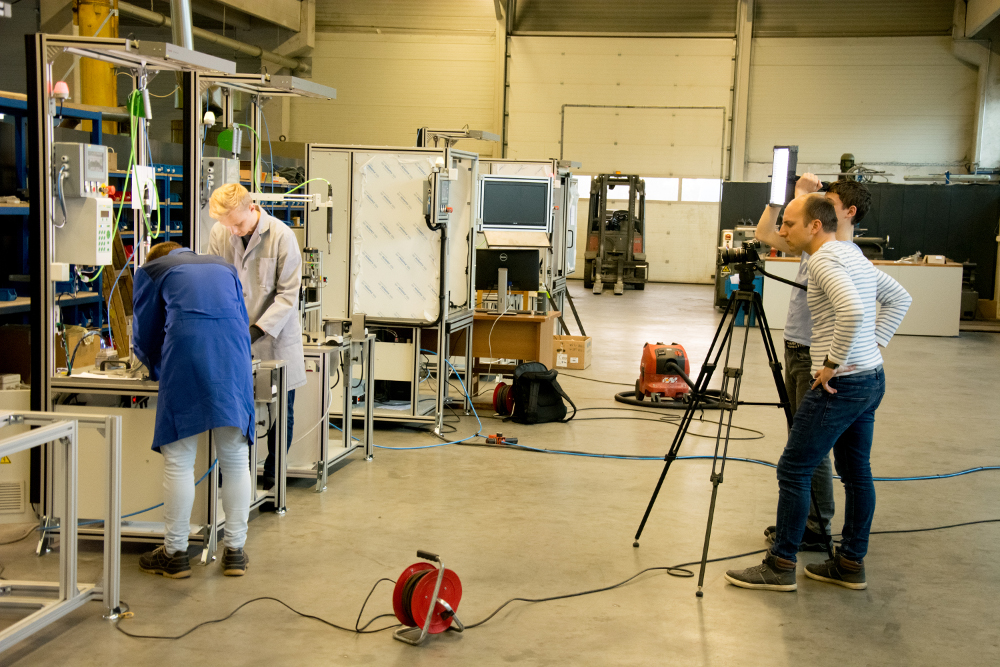Principles for the design
The following recommendations are based on findings from practice and previous innovation projects in Denmark, Slovenia and Finland, as well as on conclusions from international research and reports. The recommendations are put into perspective by findings from the work in ´See the goal´.
When designing in-company learning outcomes (LOs), the following has to be taken into account:
- The LOs must be applicable to practice in training companies, as a basis for local training plans and for assessing the progression of the students´ learning.
- The methods for the design of LOs must make sense across the trades and as well contain a possibility for trade-specific adaptations.
- The LOs should be designed with focus on transparency in mind, to promote fair treatment of the students.
Flow and interaction of national standards
The LOs for an educational programme must correlate with the national steering documents and occupational standards. This means an interaction of in-company LOs with the national competence term, the ordinance for the educational programme and the curricula.
In international context
The LO approach “now influences education and training policies in most European countries” (Cedefop, comparative study, 2016). The LO concept have been clearly strengthened over time, and practically all European countries are busy with various aspects and standards on policy level. This is even more significant in local practice, as teaching and training have to be rearranged, when working with LOs.
But so far, LOs for workplace learning are the least developed area in the entire development. Both, because the field is so diverse and because far from all social partners and companies know how to handle the LO approach.
Experts from See the Goal will present a paper on formulation and practice of in-company learning outcomes at “Crossing boundaries in VET”, University of Rostock, 2017.
Well-designed LOs also have a mobility-supportive impact (ECVET). Students from abroad need to be informed on what and how to learn during in-company training periods in foreign countries with formal workplace learning periods. Challenges are to identify suitable LOs, to communicate them and to assess the achievement for recognition and accreditation in the students´ own countries. Translations or even mutual agreements on joint LOs across borders are best practice. …., (SOSU project)
Operationalisation: guideline and template
How to transform the basic principles to designing LOs? Using a guideline can assist the design experts and the involved stakeholders.
For example, in-company learning outcomes should:

Danish findings in Nordic project on Workplace Learning, 2015, Nordic Council of Ministers
Reported by Lamscheck-Nielsen, 2015 (2017)
A template for formulating LOs is recommendable. For inspiration: Slovenian template (work in progress, May 2017).
The development process
Finally, the process itself for elaboration of LOs is as important as the final LOs are.
A process that supports a genuine commitment of all involved parties means an important step towards broad implementation and ongoing quality assurance. And an involving process can increase the occupational validity and maintenance of the LOs.

